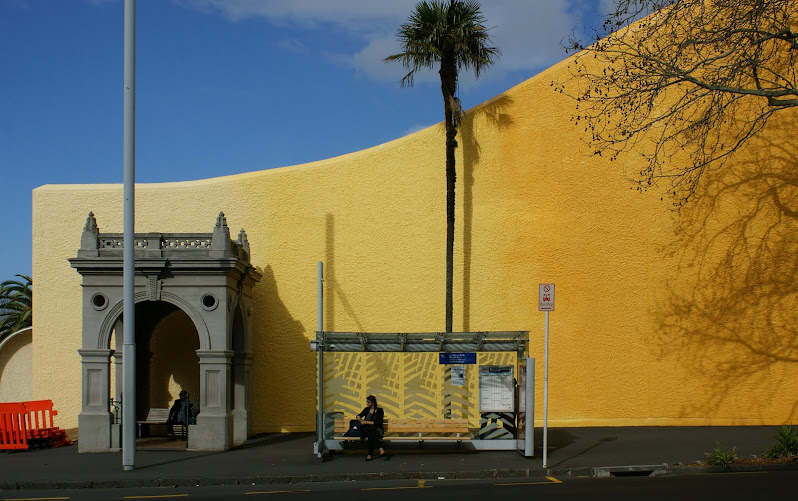The illegal ivory trade is booming.
In order to combat it, the African Elephant Summit held its first official meeting last week in Botswana.
The ivory trade, which has been on the rise for several years, has left the elephant populations of many African nations severely depleted. In 2012 alone, an estimated 22,000 elephants were illegally killed throughout the African continent. If the current poaching remains unchecked, researchers believe 20% of wild populations may be killed during the next decade.
In response to this growing threat, key African and Asian countries pledged to take a 'zero tolerance' stance on illegal ivory trade. Within these countries, wildlife trafficking will now be considered a serious crime and will be subject to international law enforcement.
Botswana President Ian Khama: "Our window of opportunity to tackle the growing illegal ivory trade is closing and, if we do not stem the tide, future generations will condemn our unwillingness to act. Now is the time for Africa and Asia to join forces to protect this universally valued and much needed species."
Additional measures to protect elephants (such as increasing multi-country cooperation, reinforcing national wildlife laws and mobilising financial and technical resources) were discussed.
The summit also looked at the social roots of the current trafficking issue: long-term poverty, rampant corruption, an increasing demand from Asia and organised crime's involvement.
If these issues are not tackled head-on and those responsible dealt with severely, it's unlikely the demand for ivory will decrease, and thus the rape of elephant (and rhino) herds will continue.
Talk is cheap...
In order to combat it, the African Elephant Summit held its first official meeting last week in Botswana.
The ivory trade, which has been on the rise for several years, has left the elephant populations of many African nations severely depleted. In 2012 alone, an estimated 22,000 elephants were illegally killed throughout the African continent. If the current poaching remains unchecked, researchers believe 20% of wild populations may be killed during the next decade.
In response to this growing threat, key African and Asian countries pledged to take a 'zero tolerance' stance on illegal ivory trade. Within these countries, wildlife trafficking will now be considered a serious crime and will be subject to international law enforcement.
Botswana President Ian Khama: "Our window of opportunity to tackle the growing illegal ivory trade is closing and, if we do not stem the tide, future generations will condemn our unwillingness to act. Now is the time for Africa and Asia to join forces to protect this universally valued and much needed species."
Additional measures to protect elephants (such as increasing multi-country cooperation, reinforcing national wildlife laws and mobilising financial and technical resources) were discussed.
The summit also looked at the social roots of the current trafficking issue: long-term poverty, rampant corruption, an increasing demand from Asia and organised crime's involvement.
If these issues are not tackled head-on and those responsible dealt with severely, it's unlikely the demand for ivory will decrease, and thus the rape of elephant (and rhino) herds will continue.
Talk is cheap...





No comments:
Post a Comment